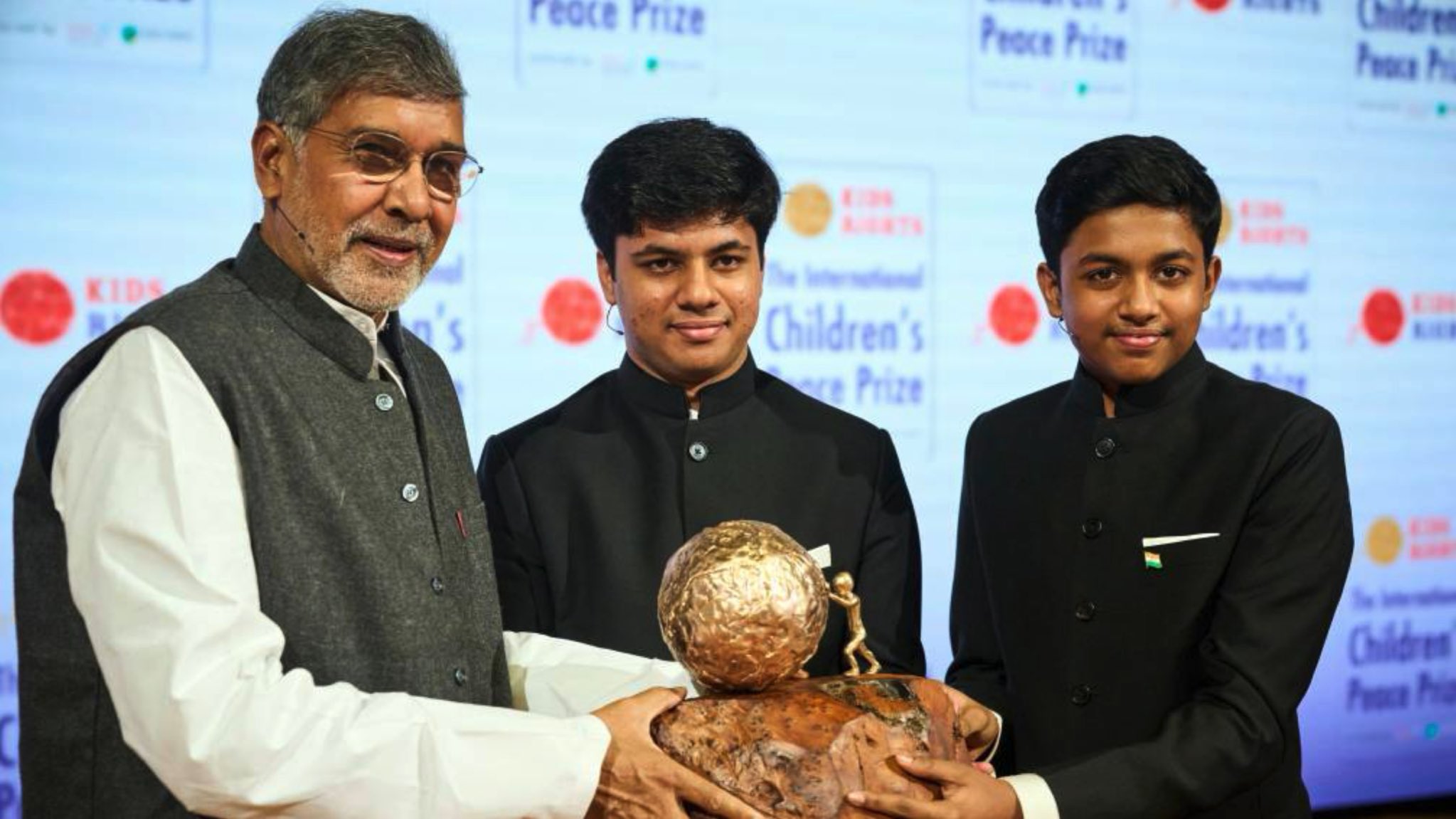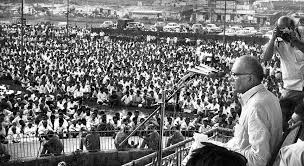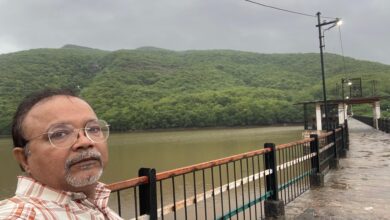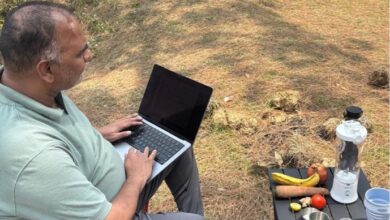An Inspiration For All, Award Winning Delhi Teens Change Pollution Discourse In The Capital
They created One Step Greener – an initiative which began segregating rubbish and organising waste pickup drives. What started with just 15 homes, 'One Step Greener' is now a city-wide operation collecting rubbish from more than 1,000 households, schools and offices and has recycled 173,630 kilograms of waste. Awareness materials they created are now used in over 100 schools in Delhi and they have given presentations to over 45,000 people on waste management. 'One Step Greener' now has five full-time employees and 11 dedicated young volunteers working towards the goal of a ‘Zero Waste India’.
As the National Capital Region continues to gasp for fresh air, two Delhi teens – 17-year-old Vihaan Agarwal and his 14-year-old brother Nav efforts have changed the discourse of pollution in the country. From the government to the Municipal Corporation and the court, they have become active on this issue and are trying to make Delhi breathable. The brothers won the prestigious International Children’s Peace Prize this year for their untiring efforts to fight pollution in Delhi.
To tackle air pollution, Delhi Government incidentally has taken some notable measures including putting on hold all construction and demolition activities and shutting down all educational institutions for the time being. Over 370 water sprinkler tanks have also been stationed at multiple points in the capital and a special task force of traffic police has been constituted to monitor and ease traffic congestion. The Supreme Court on its part has taken serious note of the pollution emergency in Delhi and adjoining areas.
Lauding their efforts, Nobel Peace Laureate Kailash Satyarthi who presented the Children’s Peace Prize to Nav and Vihaan at The Hague last month said, “Children have always shown the way for the world. Infact, the courage and bravery of children worldwide continues to have a great impact on tackling some of the most urgent global issues. I am happy that teens like Vivan and Nav have taken up the issue of pollution. The recent directions by the Supreme Court is testimony that the problem of pollution needs to be taken seriously.”
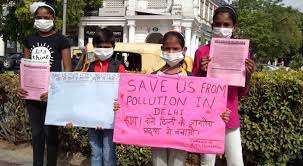
Delhi earned the dubious distinction of becoming the world’s most polluted city for three years in a row in 2020. Suffering from asthma, Vihaan was one of those thousands of children who suffered every single day as he grew up due to Delhi’s toxic air. Vihaan and Nav’s message on winning the International Children’s Peace Prize detaiing their fight against pollution reached 3,573 billion people this year.
Vihaan & Lav’s fight against pollution
The infamous Ghazipur landfill collapse shook Vihaan and Nav to the core. They created One Step Greener – an initiative which began segregating rubbish and organising waste pickup drives. What started with just 15 homes, ‘One Step Greener’ is now a city-wide operation collecting rubbish from more than 1,000 households, schools and offices and has recycled 173,630 kilograms of waste. Awareness materials they created are now used in over 100 schools in Delhi and they have given presentations to over 45,000 people on waste management. ‘One Step Greener’ now has five full-time employees and 11 dedicated young volunteers working towards the goal of a ‘Zero Waste India’.
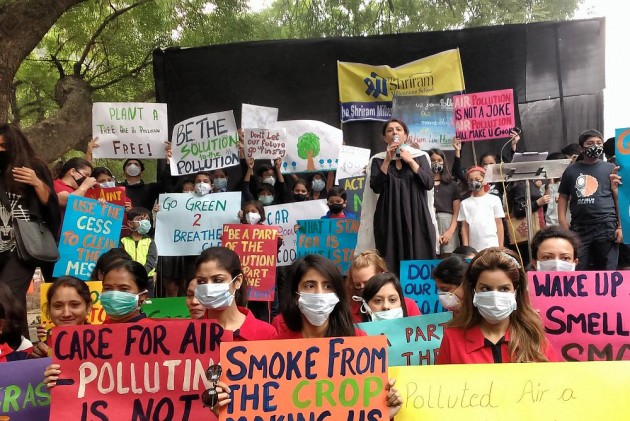
Growing line of changemakers
Vihaan and Nav join an impressive and growing line of young global changemakers. Last year’s International Children’s Peace Prize winner Sadat Rahman was recognized for his involvement in setting up his mobile app Cyber Teens to stop cyberbullying. He had initially started his work from one area of Bangladesh and then expanded to other areas after winning the prize in close collaboration with the government and the police. Today, all schools in Bangladesh use the app.
Increased impact
Marc Dullaert, Founder and Chair of the KidsRights Foundation, feels that the impact of the International Children’s Peace Prize has increased in recent years.
“We started giving this award based on our belief that children can change the world. The winners, but also many of the other nominees, show every year how great their impact is. It is hopeful to see that more and more policy makers are willing to listen to these change makers. But it is far from enough: much more action is needed to guarantee the rights of children worldwide. For example on the topic of climate change, a looming disaster that forms an extremely high risk for no less than one billion children.”
Must Read:

